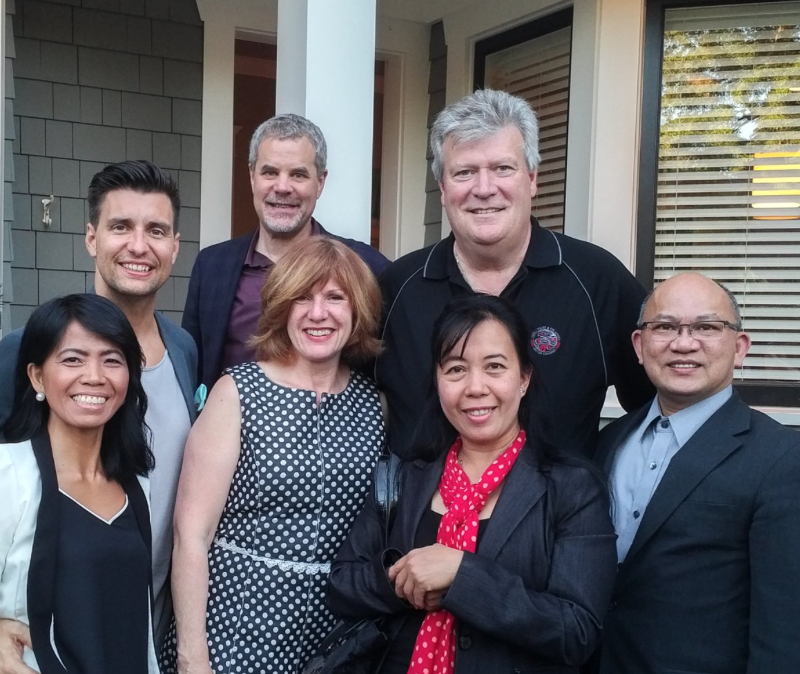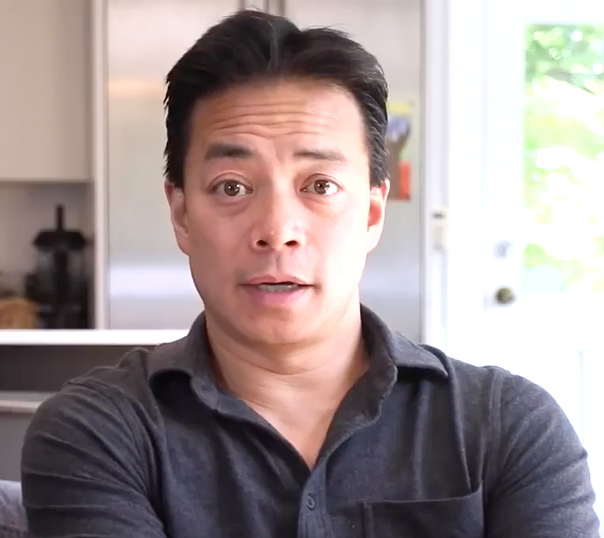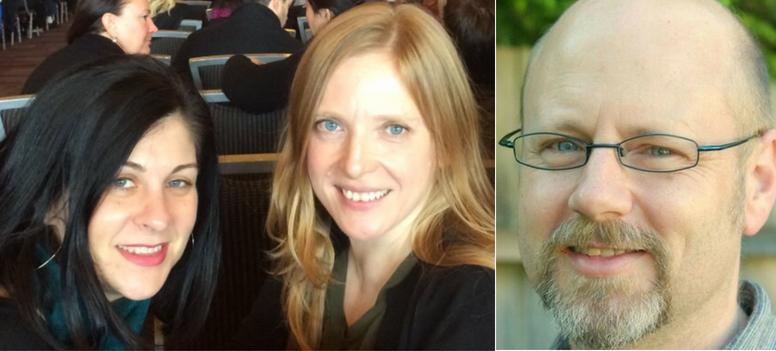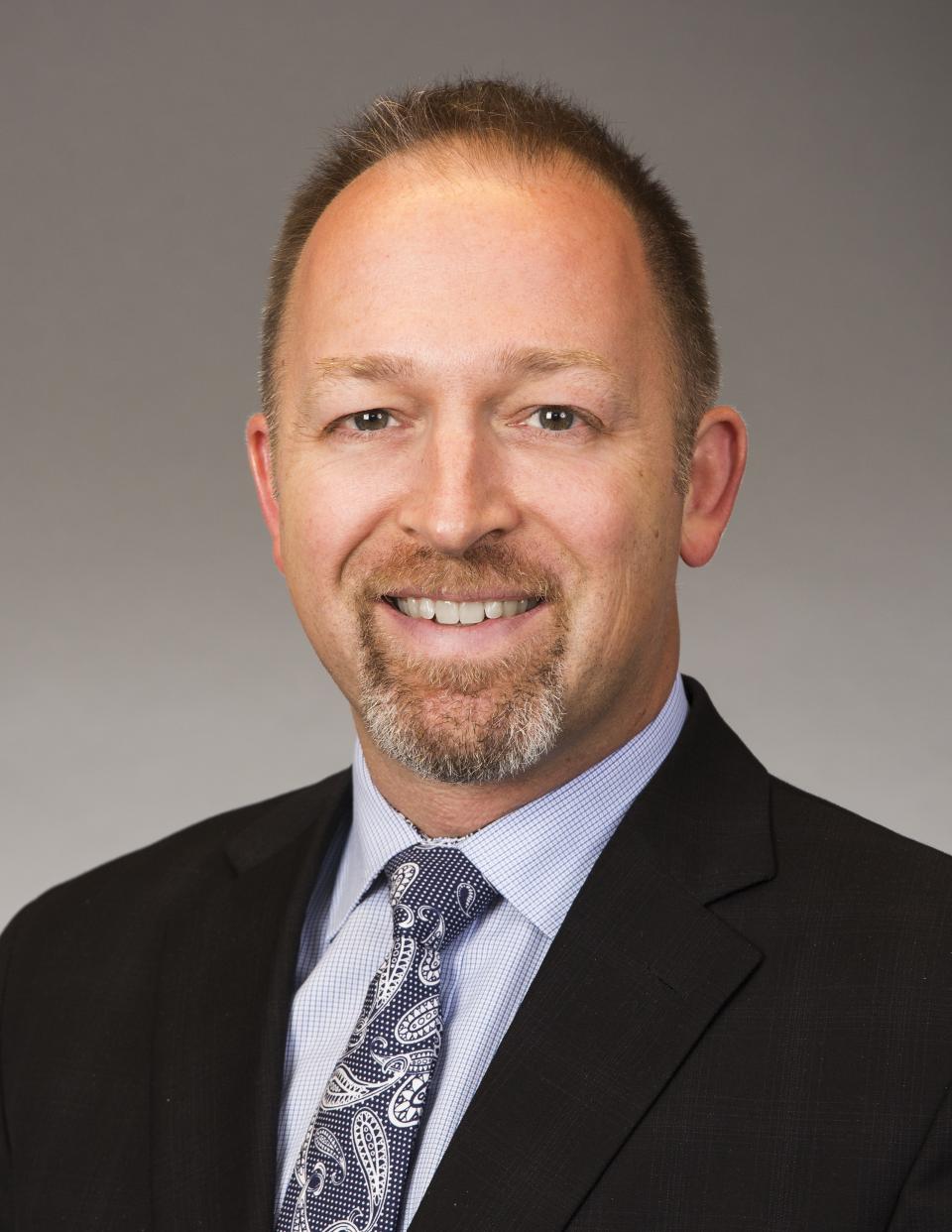Bob Mackin
A consultant’s report on the $3.3 billion Port Mann Bridge/Highway 1 project released with no fanfare said the final cost could have been nearly a third of a billion dollars higher.
But the province got lucky.
The Port Mann Bridge/Highway 1 Construction Review Summary Report said the total increase on the final cost of $323.78 million was “largely offset by a $50 million favourable variance in property acquisition costs and a $270 million favourable variance in interest costs.”
The 210-page report, obtained by theBreaker under the freedom of information law, was prepared for the Ministry of Finance by former B.C. government bureaucrat Peter Mills of Perrin, Thorau and Associates Public Policy Consultancy and civil engineer Charles Dwyer of AECOM Technical Services.
Mills, who has degrees in mineral engineering and economics, has been a Perrin, Thorau partner since 1999 and worked on launching the BC Liberal government’s carbon tax and Pacific Carbon Trust. Since 1999, the B.C. government has paid Perrin, Thorau $5.4 million. In April, Finance Minister Carole James announced the consultancy would review the operations of both the Real Estate Council of B.C. and Office of the Superintendent of Real Estate.

Port Mann Bridge (TI Corp.)
Then-Premier Christy Clark opened the bridge in late 2012, almost $600 million over the original fixed-price contract with Kiewit-Flatiron. CBC reported last September that the BC Liberal government apparently overpaid for the project that was riddled with weak oversight of invoicing and scheduling. A key expert, Gary Webster, became a partner with a major BC Liberal donor firm that was involved in both the management and auditing of the project.
NDP Transport Minister Claire Trevena ordered a review, but she did not refer it to the Office of the Auditor General, as many had expected, or call a public inquiry, as the Green Party had wanted. Instead, Mills and his oft-contracted consultancy were hired to conduct a review.
The report said Kiewit-Flatiron’s initial fixed-price, design-build contract was worth $2.46 billion. After GST and HST recoveries were processed, Kiewit-Flatiron received $2.691 billion from Crown bridge agency TI Corp.. A chart in the Perrin, Thorau report said the final project cost was $3.367 billion, a $48 million increase on the 2009 approved budget.
The report said the $64 million management reserve was insufficient, because the design-build agreement cost an extra $293 million and there was another $35 million in contracts with other construction companies.
“Had interest rates not dropped as they did between 2009 and 2013, TI Corp. would have had to return to Treasury Board to seek authority to spend as much as an additional $260 million on the PMH1 Project,” the report said.

From the Summary Report on the PMH1 Project (BC Gov)
The consultant found “for the most part,” the execution of the project was conducted appropriately, but pinpointed two areas that were not best practices.
During construction, the province was “unable to fully and critically analyze the schedule and cost submissions made by the constructor as they worked together to resolve problems.”
The report also said the province used an inferior approach to payments by calculating progress payments due to Kiewit-Flatiron by overseeing the entry of Kiewit-Flatiron costs into the project accounting system. The consultants said Kiewit-Flatiron was paid sooner in some cases, but it was not paid more than it was due.
The report said there were $322 million of changes to the project. The biggest, $99 million, was for central segment acceleration.
“Throughout its handling of these changes, we observed that the province was not able to analyze the schedule and cost submissions made by Kiewit-Flatiron to their full depth, nor were they able to counter Kiewit-Flatiron’s proposals with cost proposals of their own that were sufficiently fulsome to be worth of Kiewit-Flatiron’s attention.”
The province, the report said, “failed” to supply the quality and quantity of gravel that it hoped that it could, when it agreed to take on the supply from its own gravel pits. The province ended-up subsidizing the cost of gravel in the project.
The report said the $1 million contract to KPMG for business advisory services from 2002 to 2005 grew to $21 million by May 2015, because of a “chain of amendments and subsequent agreements, all flowing from the initial award and all awarded without competition.”
KPMG was a major donor to the BC Liberal Party of more than $371,000, before the NDP government banned corporate donations in 2017.
“There was also a lack of specificity in the deliverables expected from KPMG that limited the province’s ability to control costs under the KPMG contract.”
The firm was paid an average $750,000 per year from 2003 to 2009 for business advice.
“In late 2009, the individual who was the owner’s representative for the PMH1 Project [Gary Webster] left their previous employer, CH2MHill, and joined KPMG. He was allowed to continue in his role as owner’s representative.”
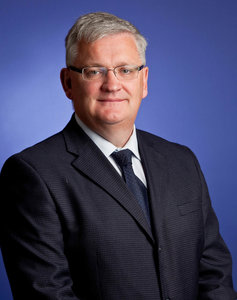
KPMG’s Gary Webster (KPMG)
The report called Webster’s involvement a “good decision” because of his knowledge of the project and the contractor. However, the report called the transfer of the role “irregular,” because it included field audit and other responsibilities, the CH2MHill contract scope and value were not reduced consistent with the transfer, and KPMG was not pre-qualified for the same engineering services as CH2MHill. It said the arrangement “exposed the province to protest from fims that were prequalified through the procurement process.”
The contract was replaced when it was assigned by the ministry to PartnershipsBC in 2004. “The replacement contract had, in our opinion, a perfunctory definition of scope and no deliverables.”
Dermod Travis of IntegrityBC has been watching the Port Mann scandal unfold for years. He said the report is a “mile wide and an inch deep.” He said just because the Port Mann was built and opened in 2012 doesn’t mean that British Columbians should not be concerned today.
“The same group of people, the same firms, all said Site C, $8.8 billion,” he said, referring to the BC Hydro dam that is now estimated to cost $10.7 billion and scheduled to be operating in six years.
Travis said it is clear to him that the government wanted to bury the report, which raises additional concerns.
“They may not have wanted to answer questions as to who chose this firm to conduct this review, who was interviewed in this review, who was cross examined, who was put on the hot seat to defend decisions made on the cost overruns, to a whole series of relationships that, at best, can be described as significant conflicts of interest,” Travis said in an interview.
“One of the key steps that any firm mandated to conduct a review would automatically take, if you want to get to the bottom of it, is to find out who the whistleblowers are and talk to them. They didn’t. That demonstrates to me they wanted to satisfy the public as best as they could without going further.”
Perrin, Thorau and Associates was given a six-point terms of reference to consider project governance, oversight, budgetary control and due diligence from award to completion, whether TI Corp. followed government procurement rules, what led to the project acceleration and whether the flow of funds to the contractor was well-managed.
A disclaimer said Perrin, Thorau did not conduct an audit, but instead relied on provincial offices to “provide us with their stories and sought documents to support those stories.” The consultant compared it with similar projects throughout North America and examined a sample of documents prepared by Kiewit-Flatiron, KPMG and other consultants hired by the province.
Support theBreaker.news for as low as $2 a month on Patreon. Find out how. Click here.
FIN-2018-82684-theBreaker.news.pdf by BobMackin on Scribd
Bob Mackin
A consultant's report on the $3.3














